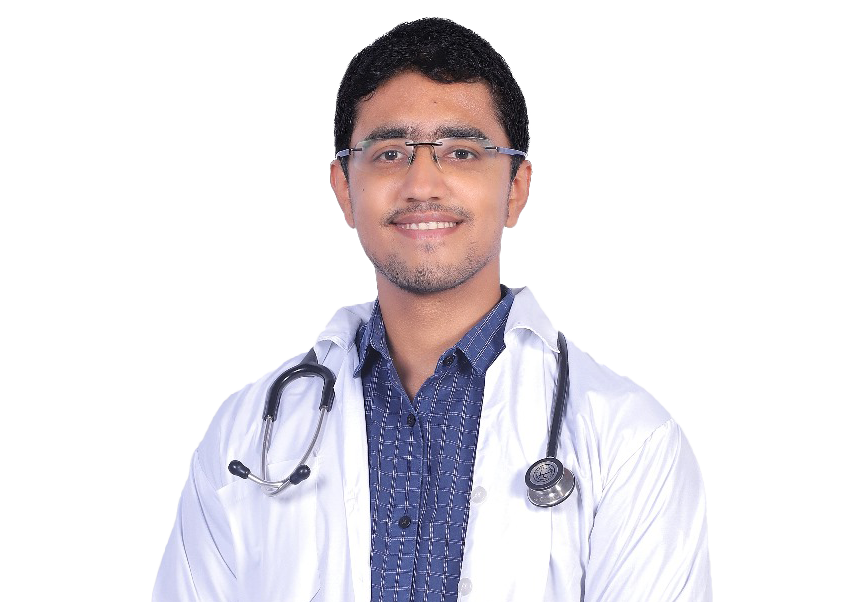Drug-Induced Sleep Endoscopy (DISE)
What is Drug-Induced Sleep Endoscopy (DISE)?
Drug-Induced Sleep Endoscopy (DISE) is an advanced diagnostic procedure used to assess the airway in children with obstructive sleep-disordered breathing (SDB), including conditions like obstructive sleep apnea (OSA). It is performed under sedation to closely mimic natural sleep, allowing for a dynamic and real-time evaluation of airway obstruction.
Why is DISE Needed?
Children with persistent snoring, difficulty breathing during sleep, or suspected sleep apnea may require a detailed evaluation beyond standard sleep studies (polysomnography). DISE helps identify the exact site and nature of obstruction, which may involve the tonsils, adenoids, tongue base, soft palate, or other airway structures. This information is crucial for tailoring effective treatment plans.
How is DISE Performed?
- The child is sedated using a carefully controlled dose of medication to achieve a sleep-like state.
- A flexible endoscope is inserted through the nose to visualize the airway structures in real time.
- The pediatric pulmonologist observes the level, pattern, and severity of obstruction at multiple sites.
- The procedure takes approximately 20–30 minutes and is performed in a controlled hospital or surgical setting.
What are the Benefits of DISE?
- Precise Diagnosis: Identifies the specific sites of airway obstruction.
- Personalized Treatment: Helps guide surgical or non-surgical treatment options, including adenotonsillectomy, CPAP therapy, or orthodontic interventions.
- Minimally Invasive: A safe and effective outpatient procedure with minimal discomfort.
Improved Outcomes: Leads to targeted therapy, reducing the risk of persistent OSA post-surgery.
Who Can Benefit from DISE?
DISE is recommended for children who:
- Have persistent OSA symptoms despite previous tonsil or adenoid removal.
- Experience complex airway obstruction due to conditions like Down syndrome or craniofacial anomalies.
- Require evaluation before considering CPAP therapy or surgical intervention.
